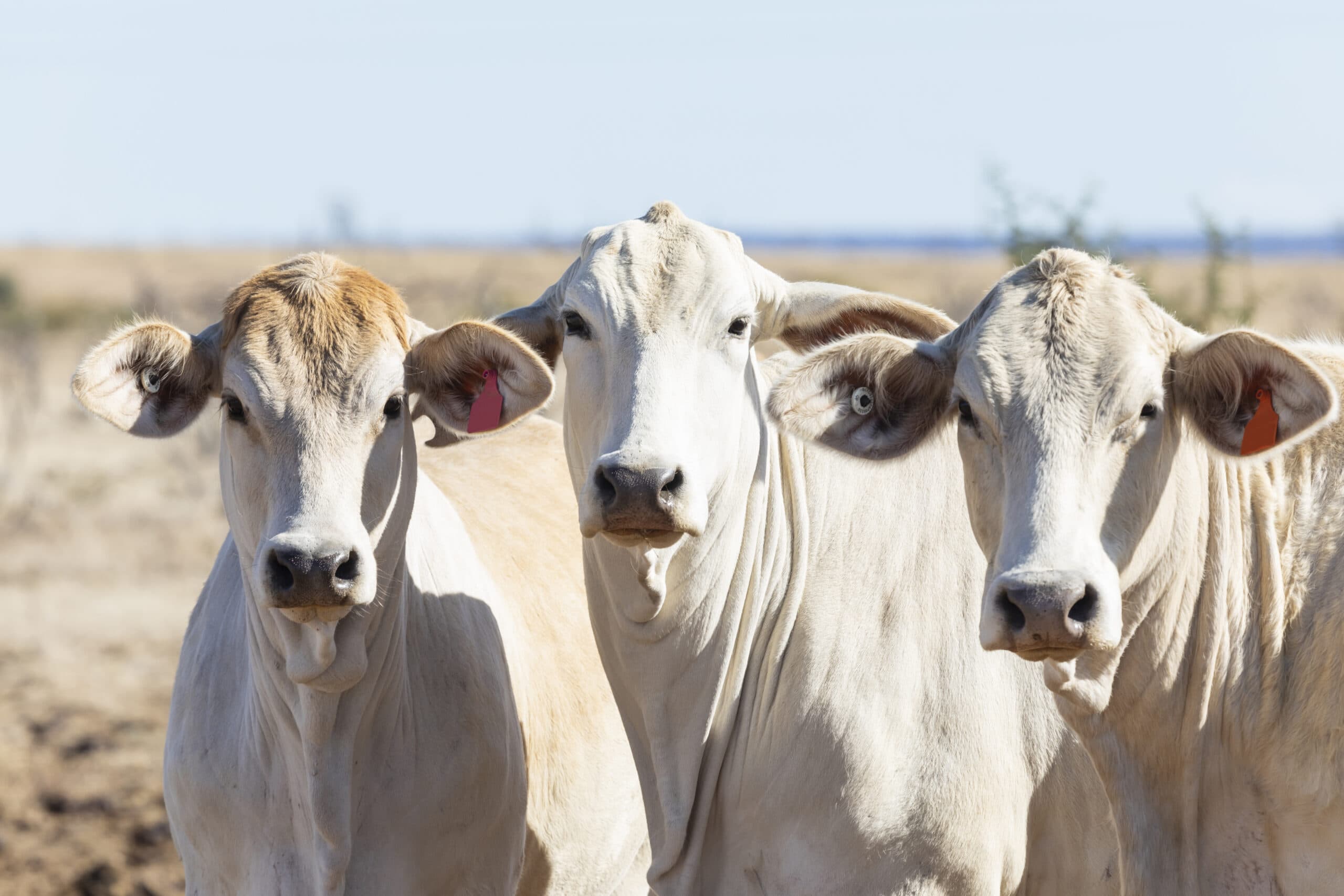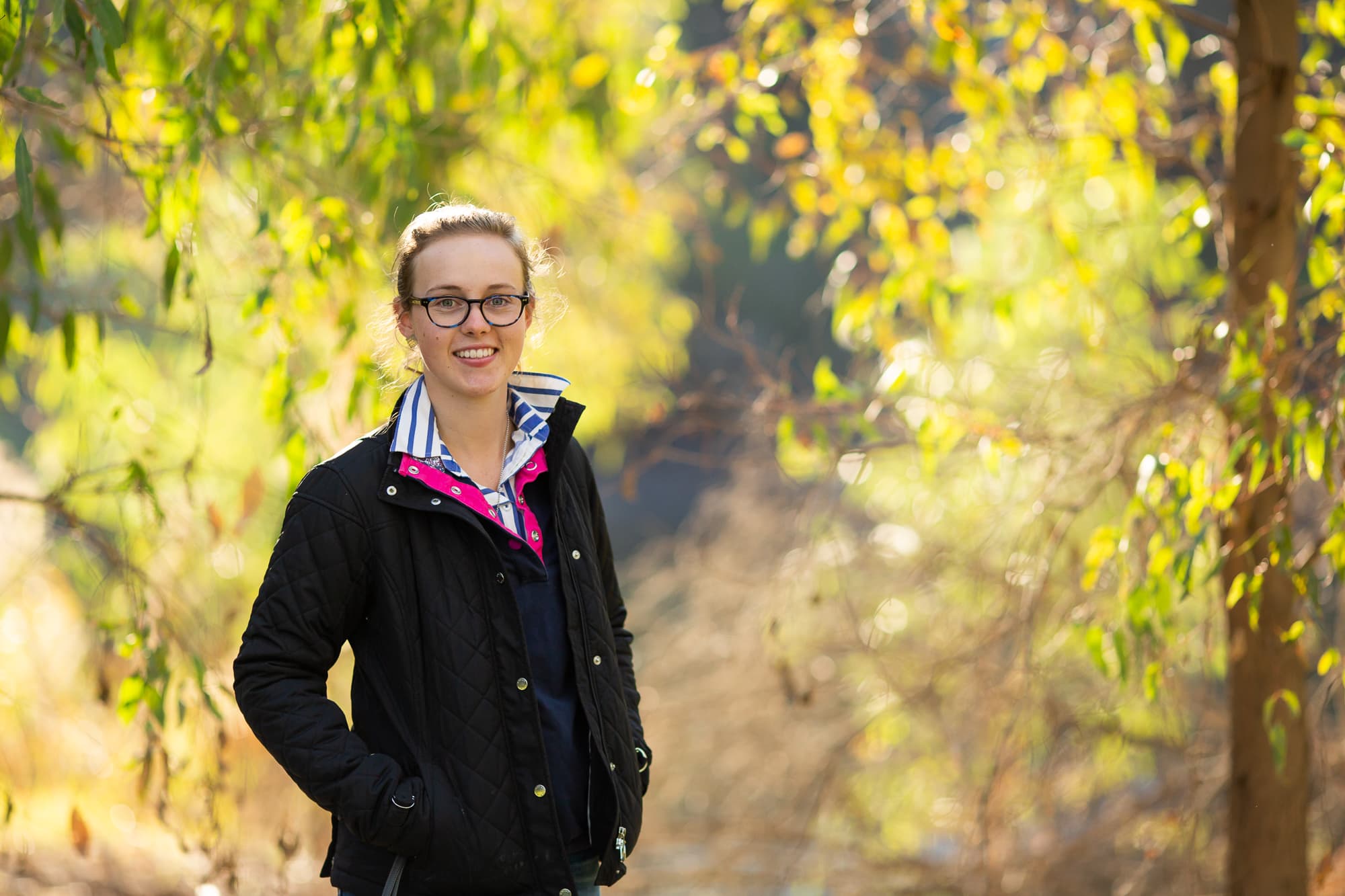
What does MLA do?
Simply put, MLA is the red meat Research and Development Corporation (RDC) who invest in research, development, and adoption, as well as marketing, market access and insights on behalf of the red meat industry.
“We invest in projects to support the productivity and profitability of Australia’s cattle, sheep and goat businesses.
“What does this look like? Well, we have a portfolio of over 500 research projects, which are all featured on growAG. and valued at just under $500 million – to give you an idea of scope,” Josh explains.
“The other side of the business is the marketing, market access and insights, and we invest just over $100 million annually to grow the demand for Australian red meat both domestically and abroad,” Josh adds.
From cattle breeding in the top end, to an ambitious carbon neutral target, MLA’s projects cover a huge remit, offering equally huge opportunities for professionals keen to explore what the red meat industry has to offer.
MLA’s Northern Breeding Business (NB2) project is looking at tackling calf loss in northern breeding herds, profitability of northern beef businesses and the adoption of proven management practices and technology in Northern Australia.
“It’s all about enhancing the cattle breeding capacity of Northern Australia. We’ve set a target to deliver an estimated $20 million per year in net benefits by 2027 to 250 northern beef enterprises, which is really exciting,” Josh explains.
Speaking of ambitious targets, MLA also plans to be Carbon Neutral by 2030 (CN30).
“This target means that by 2030, Australian beef, lamb and goat production, including lot feeding and meat processing, will make no net release of greenhouse gas emissions into the atmosphere.
“We really do believe the Australian red meat industry can be at the forefront of carbon neutrality,” Josh says.
What role will Horizon Scholars play in this vision?
According to Josh, skilled and capable resources are going to be critical to the red meat industry delivering on their ambitious targets and building a more profitable and resilient industry.









